Psychoneuroimmunology
The Brain Connection & Immunity
Learn about how your thoughts and the brain can play a role in your body’s immune-response and susceptibility to infection or ability to recover from illness or infection.
How does Parasite-Trauma, a period of Extreme Stress or a Traumatic Experience affect Immunity?
It is considered that the immune system and the brain evolved together. This field of study is known as ‘Psychoneuroimmunology’ (PNI).
In a stressful situation the body releases a hormone called cortisol to help you deal with the stressor. In prehistoric human the elevation in cortisol enabled humans to ‘fight or flight’ from predators. This mechanism is a vital part of the body’s stress response system, however nowadays you don’t tend to run when sat behind a desk. So what happens to the cortisol?
Continued elevations in cortisol from prolonged stress or a period of extreme trauma may lead to ‘hypercortisolism’ (continually raised cortisol) and cortisol resistance. Which means cell receptors for cortisol become redundant and excess cortisol remains in blood and this can have an impact on immunity. Cortisol plays a role in immune function, therefore prolonged stress or trauma has the ability to impair immunity and reduce the body’s infection fighting capacity.
A traumatic experience, early life adversity, or a period of extreme or prolonged stress, such as during parasite die-off, has the ability to dysregulate cortisol and reduce lead to immunity problems, frequent infections or reduced resilience to fighting infection. Optimising the diet, modifying certain lifestyle factors and receiving trauma informed coaching can all help you rebuild and win back your immune system from invaders.
Parasites, trauma & immunity…
Parasite-Trauma
Some of the distressing die-off symptoms from killing parasites in the intestines can cause prolonged/increased stress and feelings of trauma. Triggering cortisol which may weaken immunity against the parasites, enabling their army to become more resilient. Stress may also weaken the immune boosting role of the human gut microbiome.
The stomach should be acidic to break down food and digest protein. As food is passed through the digestive tract it should contain a certain amount of acidity to keep opportunistic species at a manageable level and help kill unwanted parasites. Stress can weaken stomach acid and therefore allow overgrowth or increased infection.
When an overgrowth of parasites, such as Enterobius vermicularis (pinworm), take up too much ‘real estate’ space in the gut they may reduce space and population size of other integral organisms such as: Bifidobacterium, known as modulator of the human immune system; or key player of the gut microbiome Lactobacillus; or the integral keystone species in human immunity, Akkermansia.
The gut microbiome forms 75-80% of human immunity and depends on a diverse selection of species and a balanced, varied and colourful diet to provide it with the fuel it requires to flourish.
Gut-Brain-Axis & immunity…
Gut-Brain-Axis
The ‘Gut-Brain-Axis’ (GBA) is a bi-directional pathway between the gut and brain, connected via the vagus nerve and your resident microbes are able to send messages between the two.
Traumatic or stressful thoughts can be sent as negative messages down the vagus nerve to the gut and reduce beneficial microbial species, enabling opportunistic microbes and parasites to flourish. This disruption in the ecosystem may reduce immune resilience, increase susceptibility to infection and increase parasite overgrowth.
Prolonged and extreme stress is prominent in people with parasite overgrowth who are experiencing difficult and upsetting die-off symptoms.
In order to find freedom from parasite overgrowth, die-off symptoms and parasite-trauma I can help you get to the root cause of the overgrowth and rebuild the gut ecosystem. To do this, a full nutritional analysis of the diet is required, ideally alongside a full blood count to check white (immune) cells, GI Stool Map (not essential but a very useful assessment of gut function and its microbial composition, showing imbalances in immune-boosting species), a complete lifestyle and historical trauma assessment with medical history. Book a free no obligation call below to talk to me about your situation and find out how I can help you.




